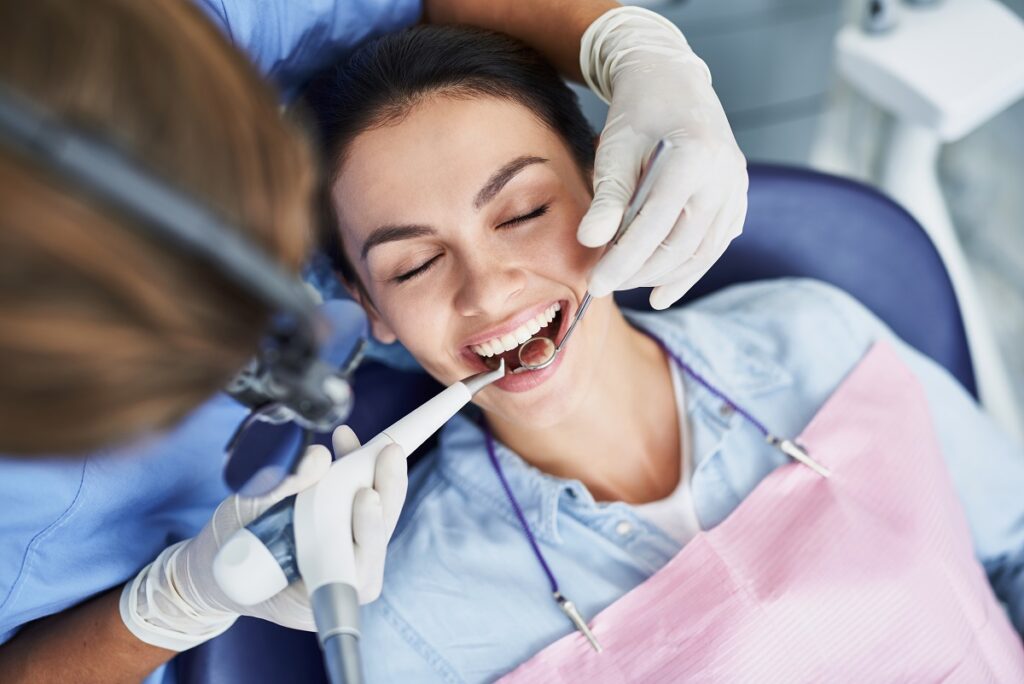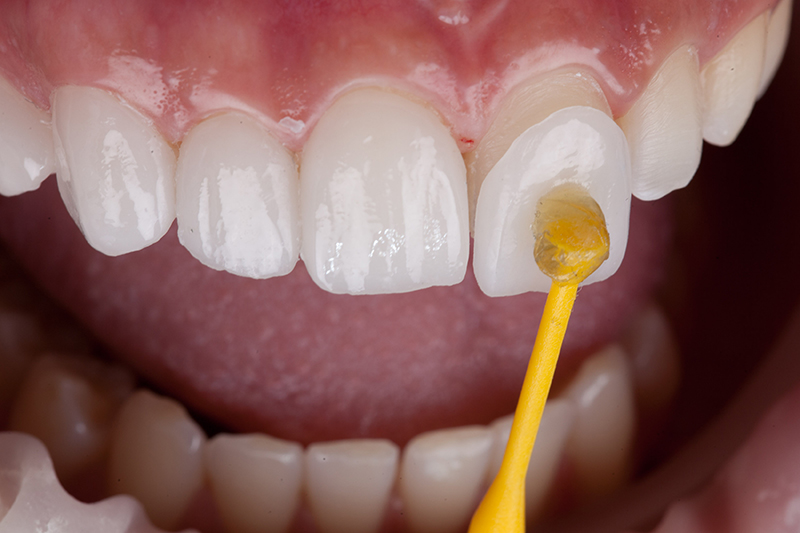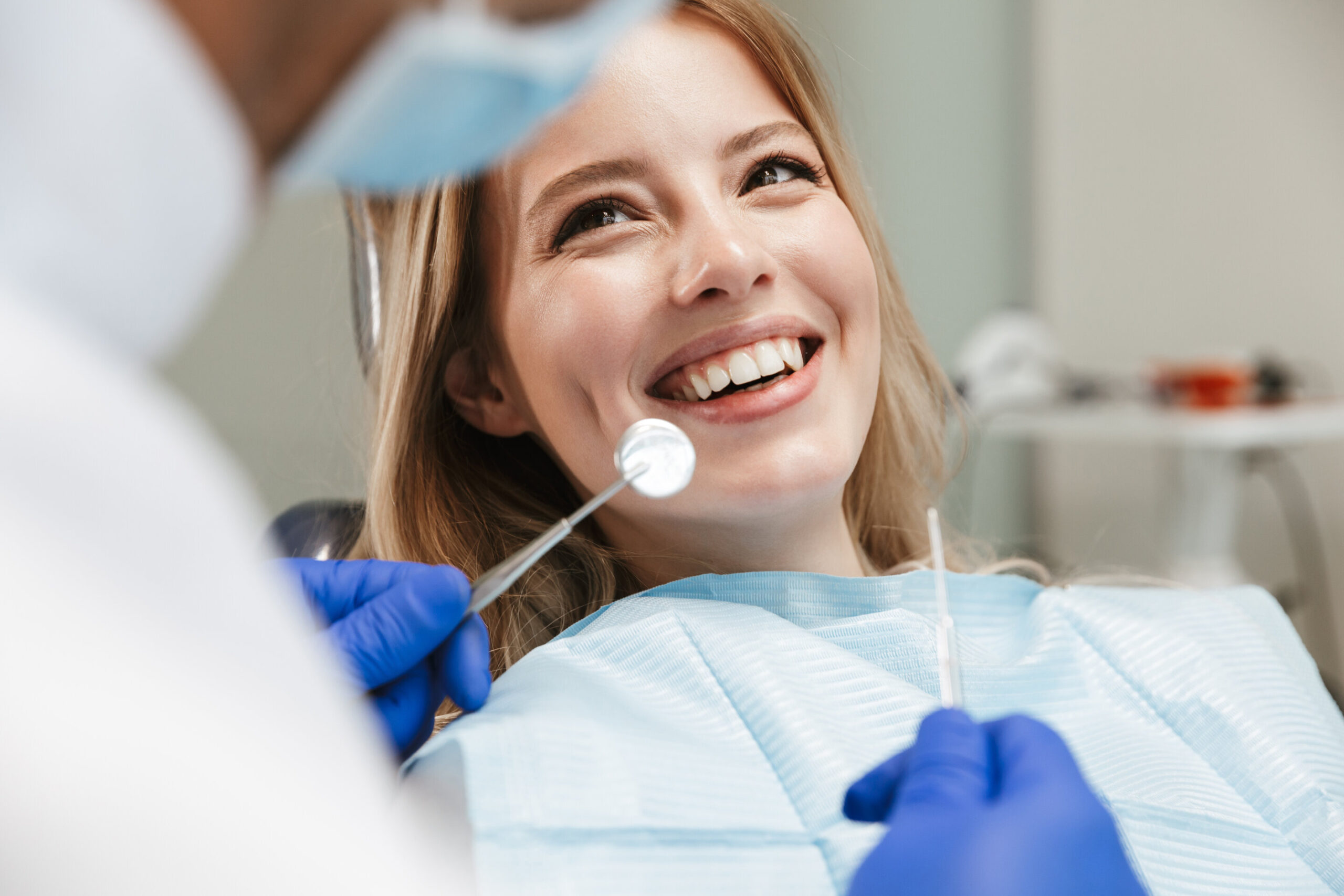Oral health is important to your overall well being. Maintaining your oral health by keeping your teeth, mouth, and gums healthy through daily cleaning is one of the best habits you can form. According to studies, dental pain is one of the worst pains most people will experience, and even with professional and efficient dental treatment, once pain has developed it can be a long road to recovery; prevention is always the best course of action. Read on to find out some of the benefits of keeping your teeth and mouth clean, and the best methods of doing so.
Reduce Build-up of Plaque
Plaque is the film of bacteria that builds upon our teeth when we eat and drink. If left too long, plaque can harden into tartar build-up around the gums, which can lead to gum irritation and ultimately gum disease. Plaque also interacts with sugary foods, turning it acidic which eats away at the enamel coating that protects your teeth. Once that coating has been corroded, it’s impossible to regrow or replace it, leading to potential life-long sensitive teeth.
Improve Self-Confidence
Better oral health is known to increase self-confidence in both personal and professional situations. If your breath smells fresh and your teeth are bright, white, and stain-free, you will both look and feel better when talking and interacting with others.
Eliminate Bad Breath
Suffering from bad breath can be devastating to your self-confidence and enjoyment of eating and drinking. Not only does bad breath have an unpleasant smell, but it is often accompanied by a heavy sour taste in your mouth. Regular cleaning with minty fluoride toothpaste helps to keep the bacteria in your mouth under control, reducing or eliminating bad breath.
Brighten Your Smile
It isn’t pleasant when your teeth are yellow and stained. While professional whitening services are available from dental specialists, the best course of action is always to try and prevent the staining from building up in the first place. Regular cleaning, flossing, and mouth-washing will help to remove the daily staining from eating and drinking, keeping your smile bright and stain-free.
Save Your Money
Toothbrushes, toothpaste, and mouthwash are all cheap compared to the costs of emergency dental care. Keeping your teeth and gums clean will help to keep your mouth healthy and reduce the risk of requiring painful and expensive emergency dental treatment.
How to Clean Your Teeth
Brushing
Brushing your teeth is at the core of good dental hygiene. You should aim to brush your teeth for around 2 minutes (30 seconds a quadrant) at least morning and night, although brushing after each meal is a good idea. Both electric and manual toothbrushes provide excellent cleaning when used correctly (small strokes at a 45-degree angle), and replaced every 3 – 4 months, but do be gentle on your gums when using electric models. Any good fluoride-based toothpaste will work, it’s more important to pick a flavour you like so you will be encouraged to use it regularly. Mild whitening toothpaste can also be a good idea to help keep staining at bay.
Flossing
Brushing your teeth can only go so far. Bacteria, plaque, and food particles can easily get lodged in the gaps between teeth that are hard for toothbrushes to get to. Flossing in addition to brushing removes any build-up between the teeth, preventing problems down the line. Flossing is also easier than brushing when out and about so is a great way to keep your mouth clean after meals out.
Tongue Scraping
Brushing and flossing prevent the build-up of bacteria in and around your teeth, but bacteria can also build-up on your tongue, leading to bad breath, altered tastes, and unsightly colour. Gently scraping your tongue with a tongue scraper or even just brushing it with your toothbrush will help to remove the film of bacteria keeping your tongue looking, tasting, and smelling clean and healthy.
Mouthwash
Mouthwash helps to reinforce your other dental cleaning procedures, acting to flush any germs, plaque, or bacteria that have been dislodged by brushing and flossing. Sugar-free and non-alcoholic mouthwashes are the best options, as mouthwashes containing alcohol can irritate and inflame your gums.
When to See a Dentist
Regular dental checkups are important to ensure that your oral health is being maintained and issues aren’t developing unbeknownst. Many dental problems can start to develop slowly with no outward symptoms or pain. Your 6-monthly dental check up allows your dentist to keep an eye on your oral health and stop any problems early on before they can develop into something more serious. It also gives them a chance to provide advice and pointers on an oral hygiene routine tailored to you.
If you are suffering from any dental pain or discomfort, though, it’s important to schedule an appointment with your dentist as soon as possible. Even the slightest discomfort can be a sign that something serious is wrong, so it’s always best to have it checked by a dental professional. Left untreated dental problems can become a major issue, even life-threatening in some cases, so don’t delay in seeking help.






















